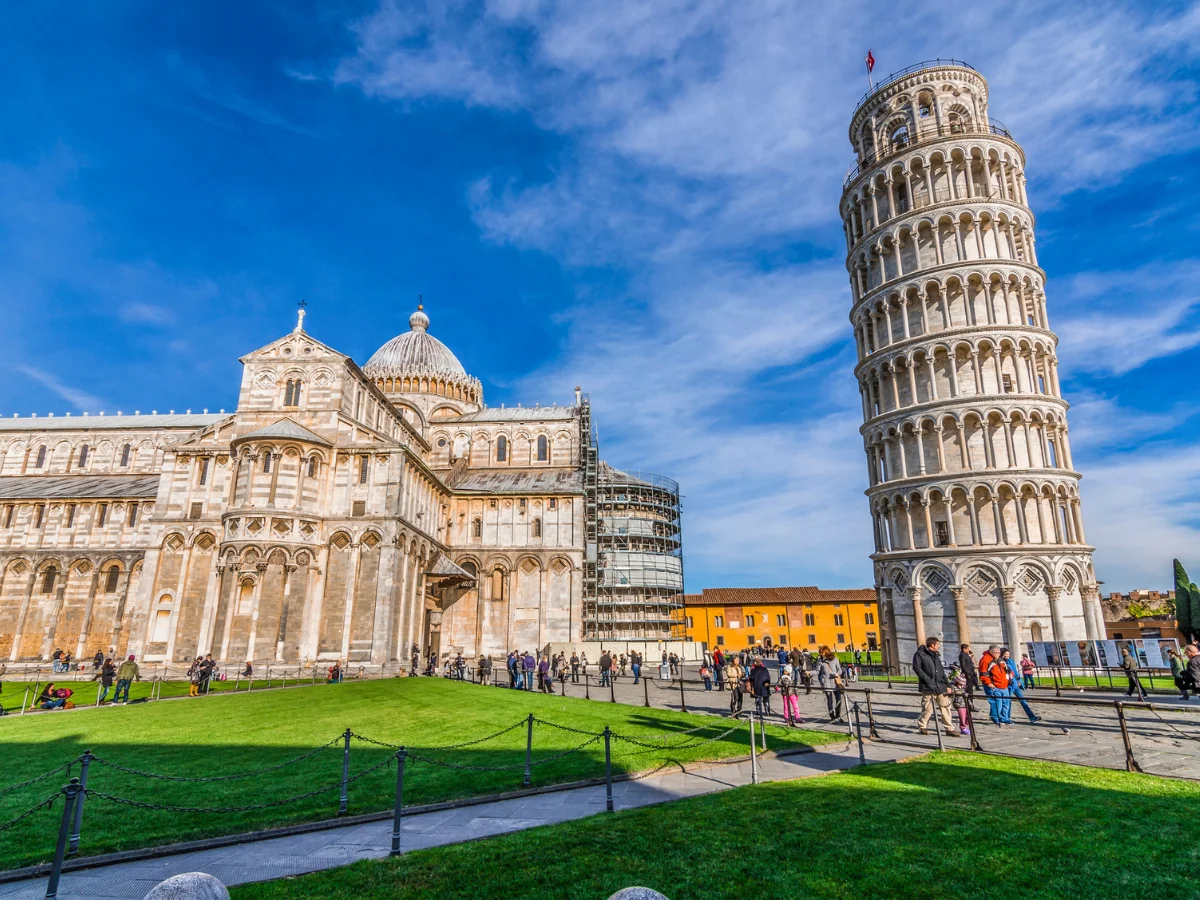Gaius Julius Hyginus was a renowned astronomer
Gaius Julius Hyginus was a renowned astronomer of Ancient Rome who authored “De Astronomia,” a pivotal work encompassing celestial phenomena and their mythical connections. His integration of astronomy with mythology reflects the cultural significance of celestial observations in ancient Roman society. Despite the loss of much of his original writings, fragments and references endure, attesting to his lasting influence on subsequent scholars. Hyginus contributed to the transmission of astronomical knowledge during Rome’s Golden Age of Latin literature, showcasing his diverse intellectual pursuits.

Ancient Rome: Gaius Julius Hyginus was a renowned astronomer
Early Life and Background
Gaius Julius Hyginus was a Roman author and scholar who lived during the 1st century BC. Little is known about his early life, but he likely received education in astronomy and other liberal arts.
Major Works
Hyginus is best known for his work “De Astronomia,” a comprehensive treatise on astronomy. This work covers various aspects of celestial phenomena, including constellations, planets, and comets.
Content and Significance
“De Astronomia” served as a valuable source of astronomical knowledge in ancient Rome, providing insights into the celestial observations and beliefs of the time. It influenced later works and helped preserve ancient astronomical traditions.
Integration of Astronomy and Mythology
One notable aspect of Hyginus’ work is his integration of astronomy with mythology. He often associates celestial bodies and constellations with characters and stories from Greek and Roman mythology.
Legacy and Influence
Despite the loss of much of his original work, fragments and references to Hyginus’ writings remain, attesting to his influence on later astronomers and scholars. His work contributed to the transmission of astronomical knowledge through the centuries.
Role in Roman Culture
Hyginus’ work reflects the significance of astronomy in Roman culture, where celestial phenomena were closely observed and interpreted for their omens and symbolic meanings.
Historical Context
During Hyginus’ time, Rome was experiencing a cultural flourishing known as the Golden Age of Latin literature. His work on astronomy emerged within this rich intellectual milieu, alongside advancements in various fields of knowledge.
Scholarly Contributions
In addition to his astronomical work, Hyginus is also known for his contributions to mythology and ancient history. His writings encompass a wide range of subjects, reflecting his diverse intellectual interests.
Conclusion
Gaius Julius Hyginus was a prominent figure in ancient Roman scholarship, particularly in the field of astronomy. His work “De Astronomia” played a significant role in preserving and transmitting astronomical knowledge, leaving a lasting impact on the study of the cosmos in the ancient world and beyond.



